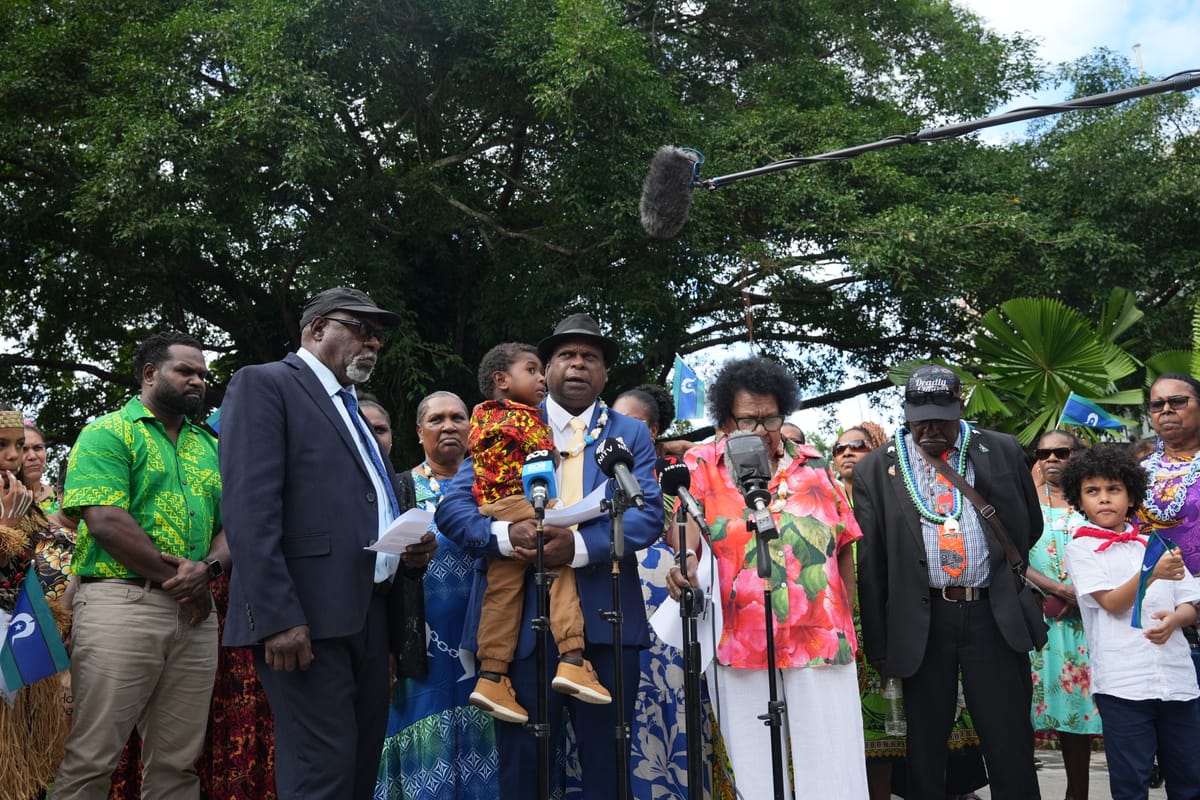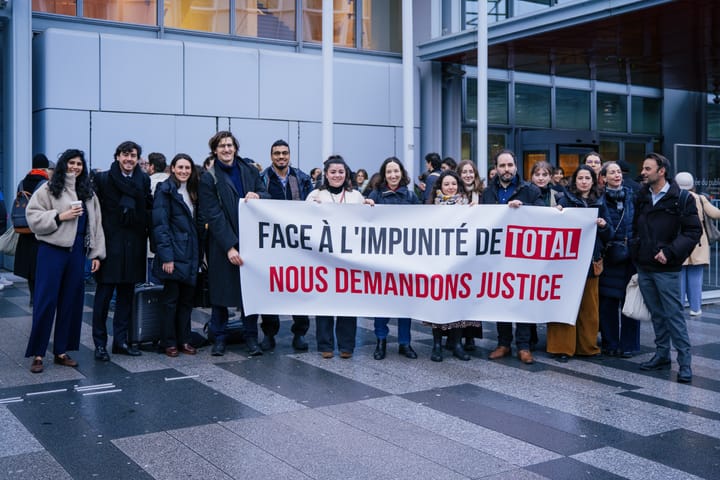Australia Does Not Owe ‘Duty Of Care’ To Torres Strait Islanders, Court Rules In Australian Climate Case

The Federal Court of Australia has ruled in favor of the Australian government in a landmark climate justice case brought by two indigenous Torres Strait Islanders, finding that the government did not act negligently in failing to protect the island communities from increasingly severe, and even existential, climate change impacts. Although the court recognized the devastating loss and damage that Torres Strait Islanders are experiencing due to the climate crisis, it ultimately determined that government conduct pertaining to core matters of policymaking is beyond judicial scrutiny.
“There could be little, if any, doubt that the Torres Strait Islands and their traditional inhabitants face a bleak future if urgent action is not taken to address climate change and its impacts,” Justice Michael Wigney stated in a summarized version of the July 15 judgment. He further accepted the factual finding that Australia’s previous greenhouse gas emission reduction targets were not aligned with the best available science to limit warming to levels established under the Paris Agreement. However, despite accepting many of the factual underpinnings of the Islanders’ case, Wigney said the law was not on their side.
“Decisions of appellate courts in respect of the law of negligence, by which I am clearly bound, establish that governmental conduct and decisions which involve matters of high or core government policy are not properly or appropriately made the subject of common law duties of care,” Wigney said.
The court’s decision in the case Pabai Pabai v. Commonwealth of Australia means that, under Australian common law action of negligence, courts cannot provide relief for individuals or communities suffering from climate change harms stemming from government decisions or policies.
The lawsuit, filed in 2021 as a class action on behalf of all Torres Strait Islanders, sought to hold the Australian government accountable for contributing to dangerous climate change that threatens the very habitability of the low-lying Torres Strait Islands. Pabai Pabai and Guy Paul Kabai, both traditional owners and indigenous inhabitants of the islands located between Australia’s Cape York peninsula and Papua New Guinea, brought the case in an attempt to help protect their communities that are on the frontlines of the climate emergency. They argued that the Australian government’s inadequate measures to curb greenhouse gas emissions and to provide funding for seawall construction violated a duty of care owed to them under the law.
But the court ultimately decided that Australia does not owe Torres Strait Islanders a particular common law duty of care.
“I thought the decision would be in our favor. I am in shock,” Uncle Kabai said in reaction to the ruling outside the courthouse.
“My heart is broken, for my family and my community,” said Uncle Pabai.
The outcome is especially stinging for the Torres Strait communities because the court recognized the existential situation they face as climate change impacts like rising seas threaten to swallow the islands and erase their unique cultural identities.
“The Torres Strait Islands and their traditional inhabitants are quite literally at the very frontline of climate change and its devastating impacts,” the court stated. “Unless something is done to arrest global warming and the resulting escalating impacts of climate change, there is a very real risk that the applicants’ worst fears will be realized and they will lose their islands, their culture and their way of life and will become, as it were, climate refugees.”
In terms of reducing its greenhouse gas emissions, Australia had set weak targets under the previous government that were not consistent with pathways for limiting warming to 1.5°C, the more ambitious objective of the Paris Agreement. The court found that the government “paid scant if any regard to the best available science” in setting emission reduction targets in 2015, 2020, and 2021.
The Albanese government has since signaled stronger support for climate action, though Australia’s climate targets are still not aligned with the Paris Agreement goal of keeping warming well below 2°C. According to Climate Action Tracker, “if all countries were to follow Australia’s approach, warming would reach over 2°C and up to 3°C.” Australia is a major fossil fuel exporter and is continuing to expand fossil fuel production, despite the scientific consensus that coal, oil and gas must be phased out to avoid the worst climate change consequences.
“In May the Australian Government approved a 40-year extension to the Woodside North West Shelf Gas project which will release 4.4 billion tonnes of climate pollution over its lifetime – it will be responsible for emissions greater than dozens of countries and many of the world’s biggest companies,” said Isabelle Reinecke, founder and executive director of Grata Fund, which supported the Uncles in their case. “The government is continuing to make choices, open-eyed, to prioritize the vested interests of fossil fuel companies and political donations over the people it is supposed to serve.”
Australia had argued that it does not owe a duty of care to the Islanders and that recognizing such an obligation would risk questioning the policy decisions of the government. The court’s judgment accepted this argument. Decisions concerning the setting of Australia’s greenhouse gas emissions reduction targets, Wigney said, are “highly political in nature” and therefore not suitable to judicial overview.
The lawsuit also asserted an alternate claim alleging the government owed a duty of care to the Islanders with respect to avoiding property damage and implementing sufficient climate adaptation measures, particularly with regards to providing funding for a Seawalls Project on several of the islands. While funding from the government did eventually come through, it was delayed and was not sufficient to allow the project to reach completion. But the court determined that funding decisions involve matters of core government policy, and therefore are not subject to a duty of care.
In concluding his summarized judgment, Wigney said that the only recourse for people like the Torres Strait Islanders is through political processes such as advocacy and protest, and ultimately through voting.
Uncles Pabai and Kabai said the court’s decision is devastating, but they remain committed to continue fighting.
“Mr. Albanese and his expensive government lawyers, will stand up and walk away just like they walk out the door of this court today. They go home and sleep soundly in their expensive beds. We go back to our islands and the deepest pain imaginable,” Uncle Kabai said.
“I’ve got a 2-year-old son, he’s my main focus – this is why I’m doing this. For the love of my son and for all the people in our community in the Torres Strait, for the bushfire and flood survivors, the farmers, kids and grandkids,” said Uncle Pabai. “I’ll keep fighting and will sit down with my lawyers and look at how we can appeal.”


